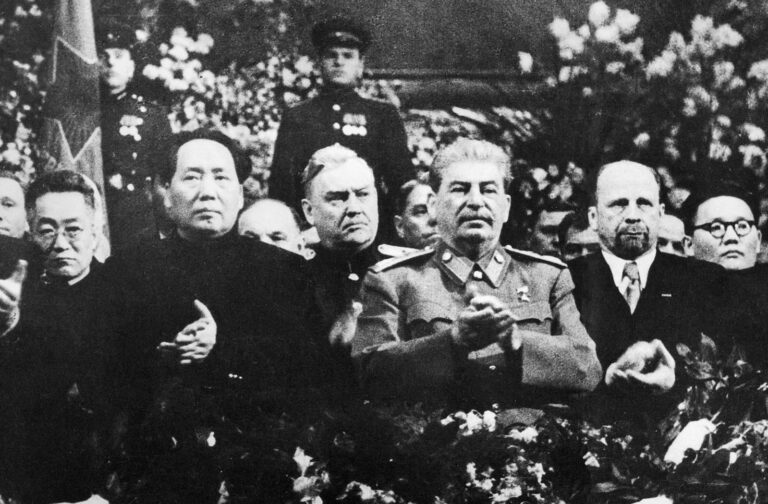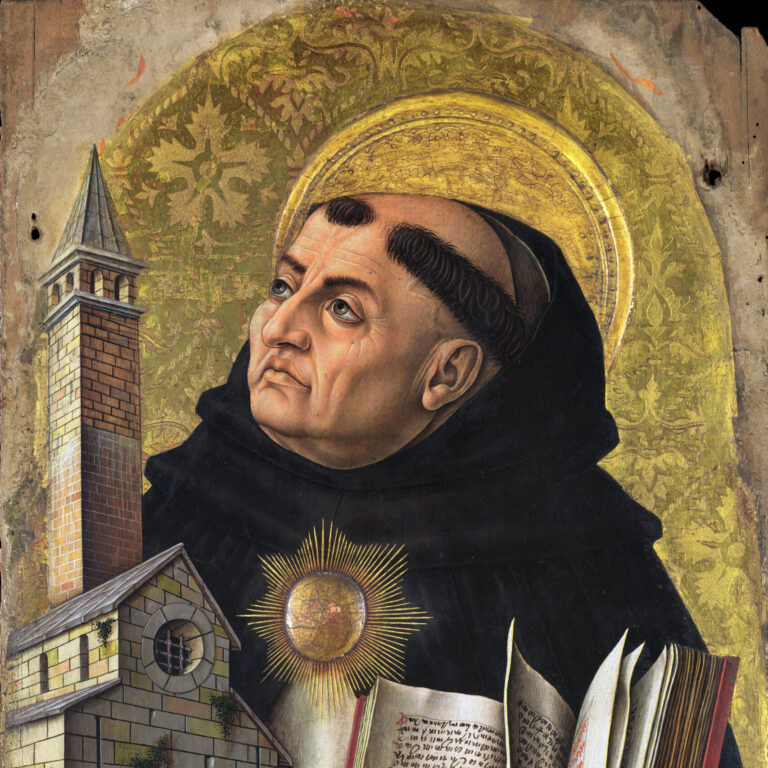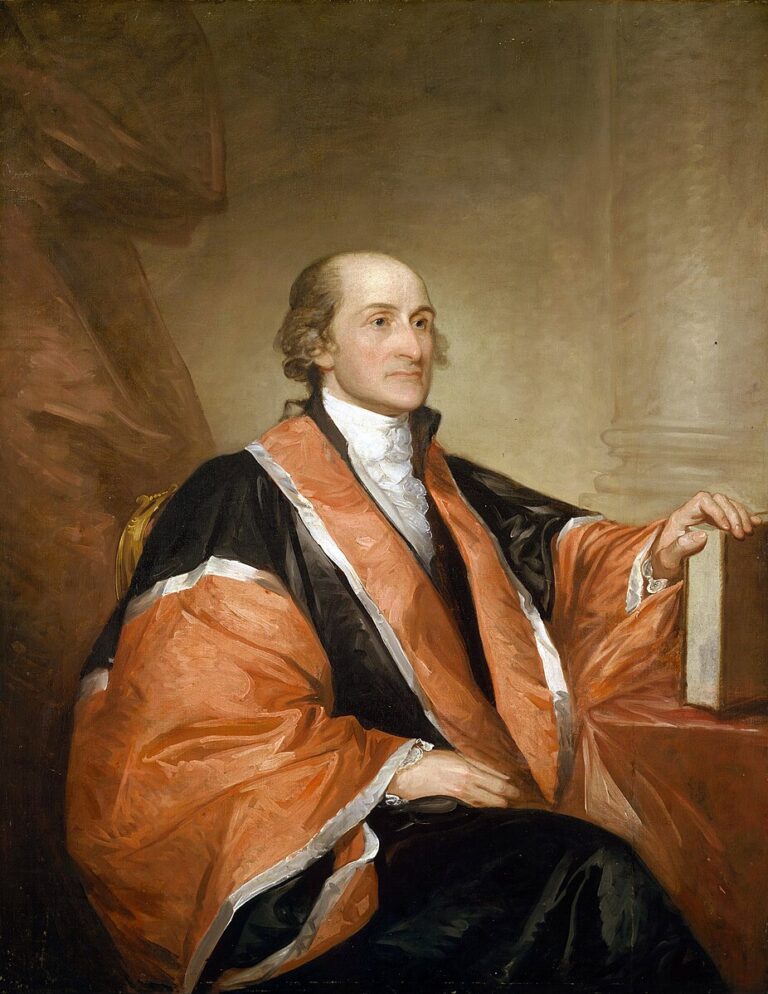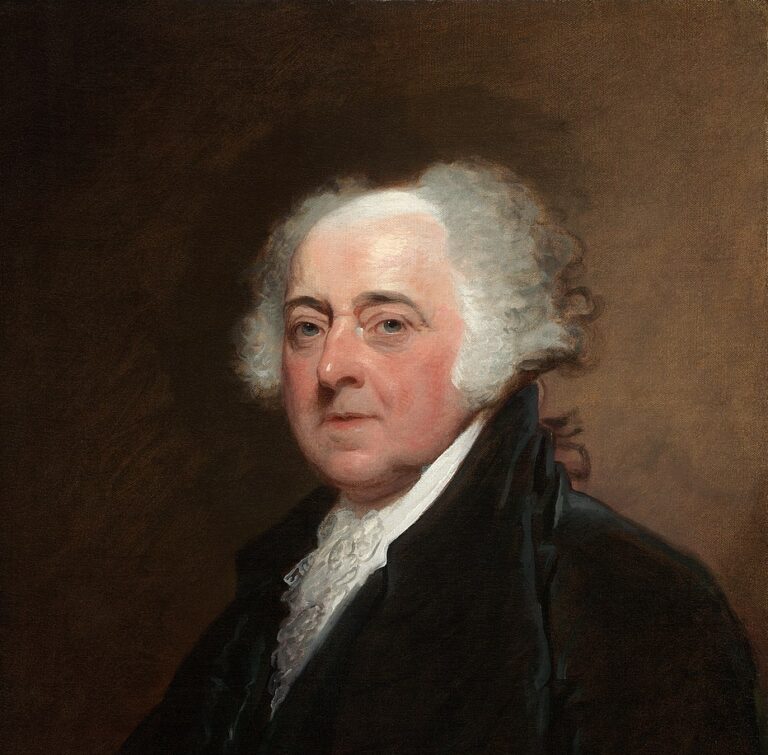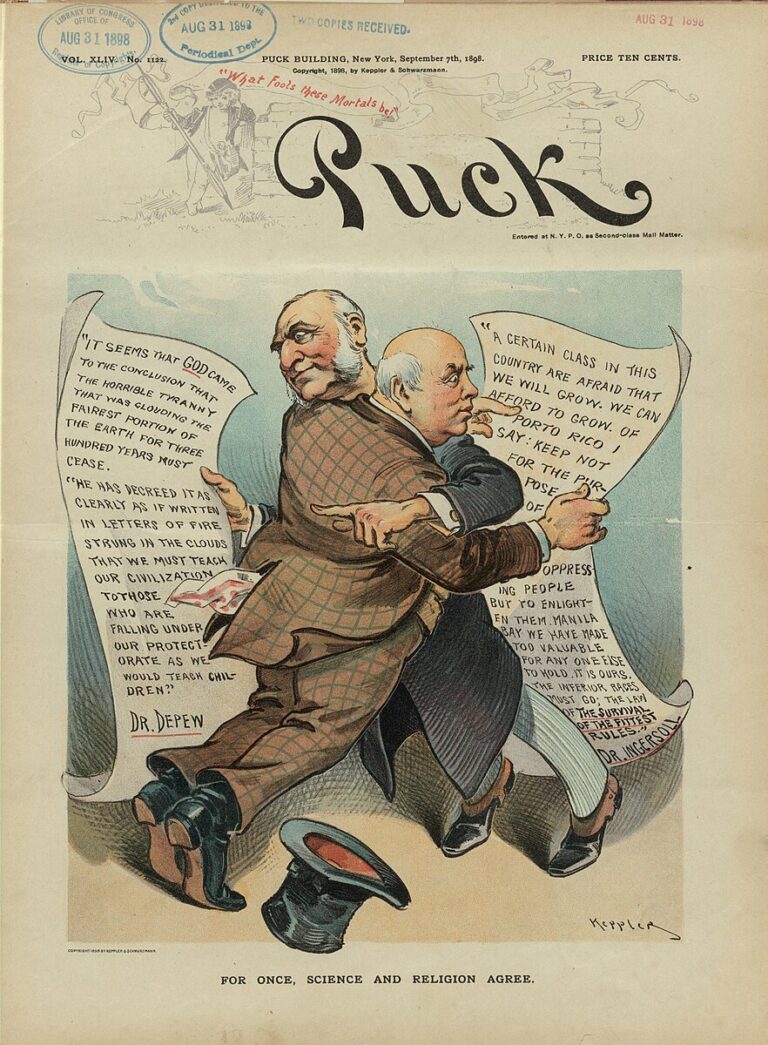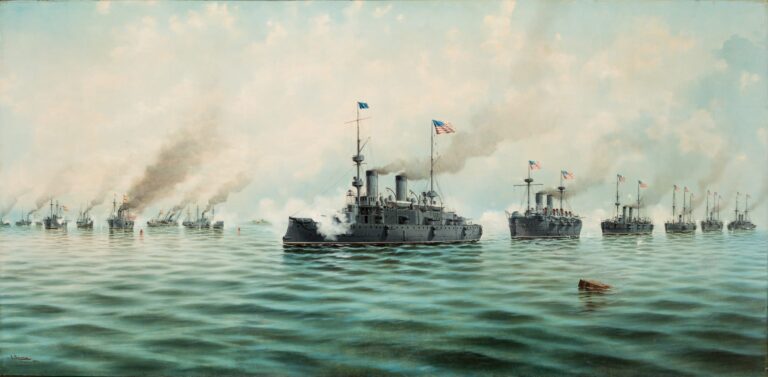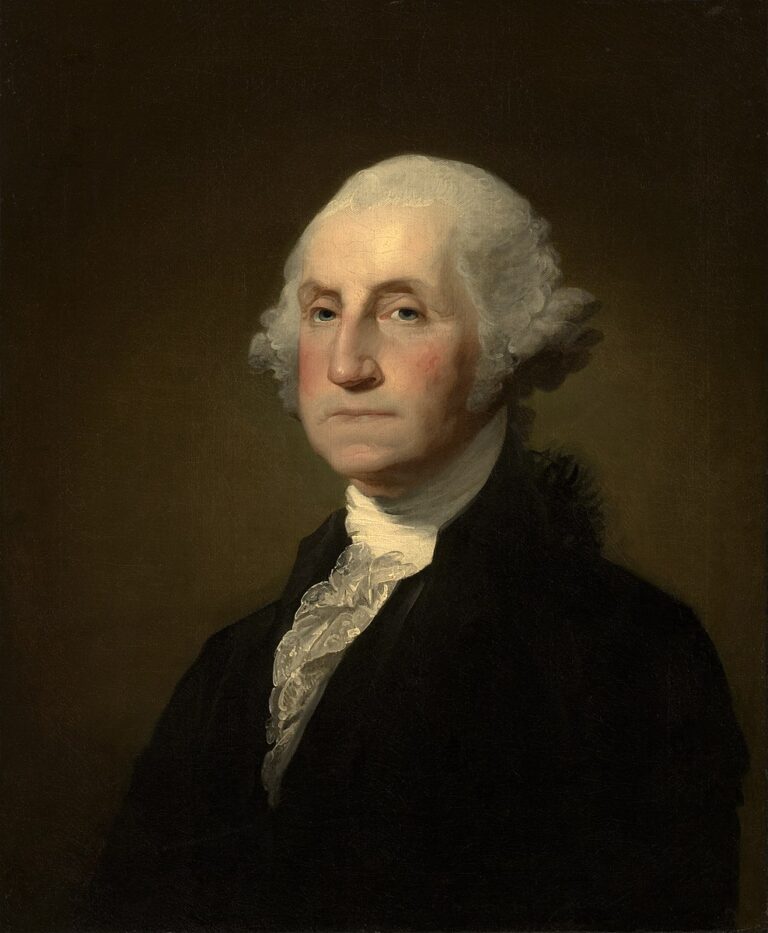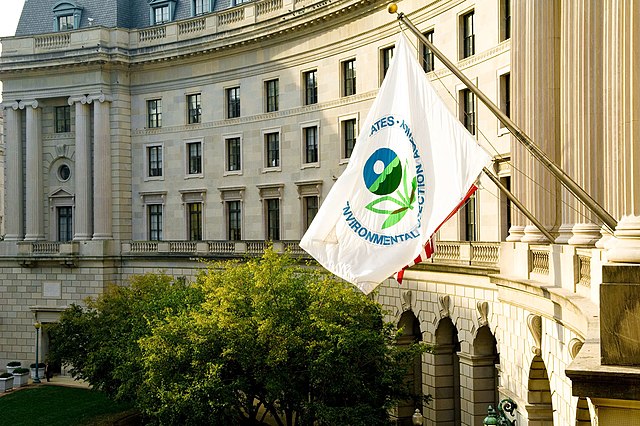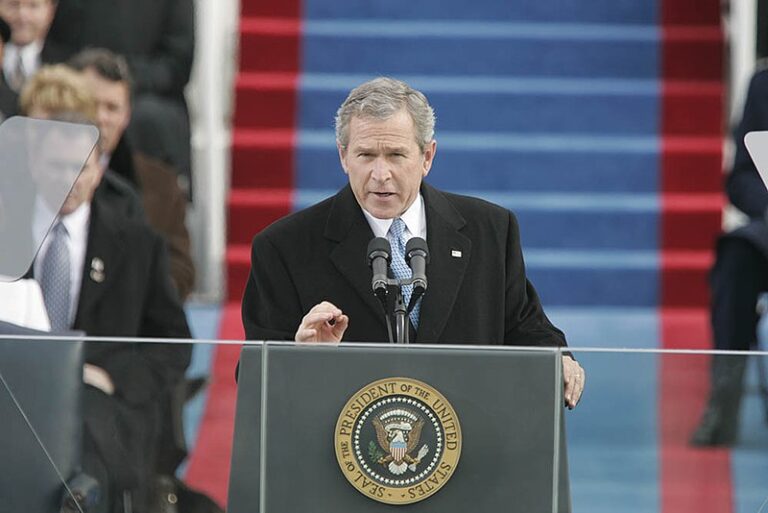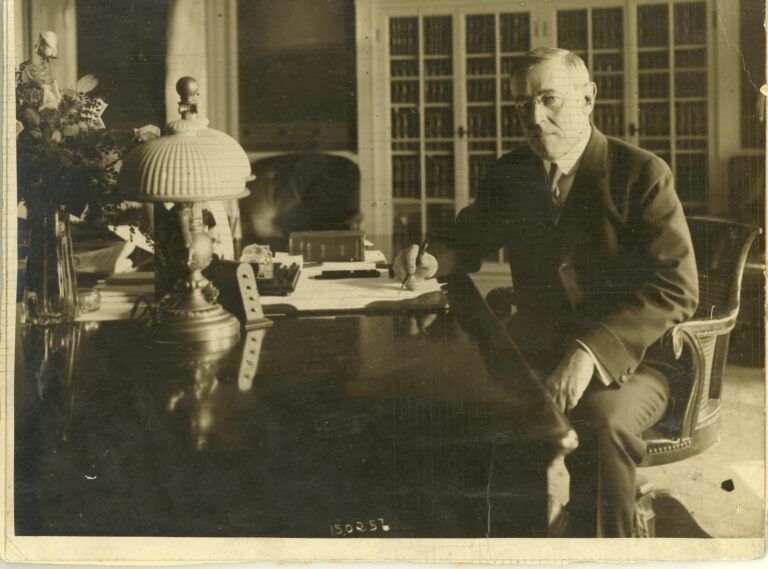Totalitarianism: A New Name for an Old Thing
This semester, I am teaching a course on totalitarianism in which we are reading the novels of George Orwell, Aldous Huxley, and Arthur Koestler. Totalitarianism is the new name for an old and wicked thing: tyranny. It differs from tyranny in being “ideological” and “scientific.” Ideology, which Winston Churchill referred to only as an “ugly…

